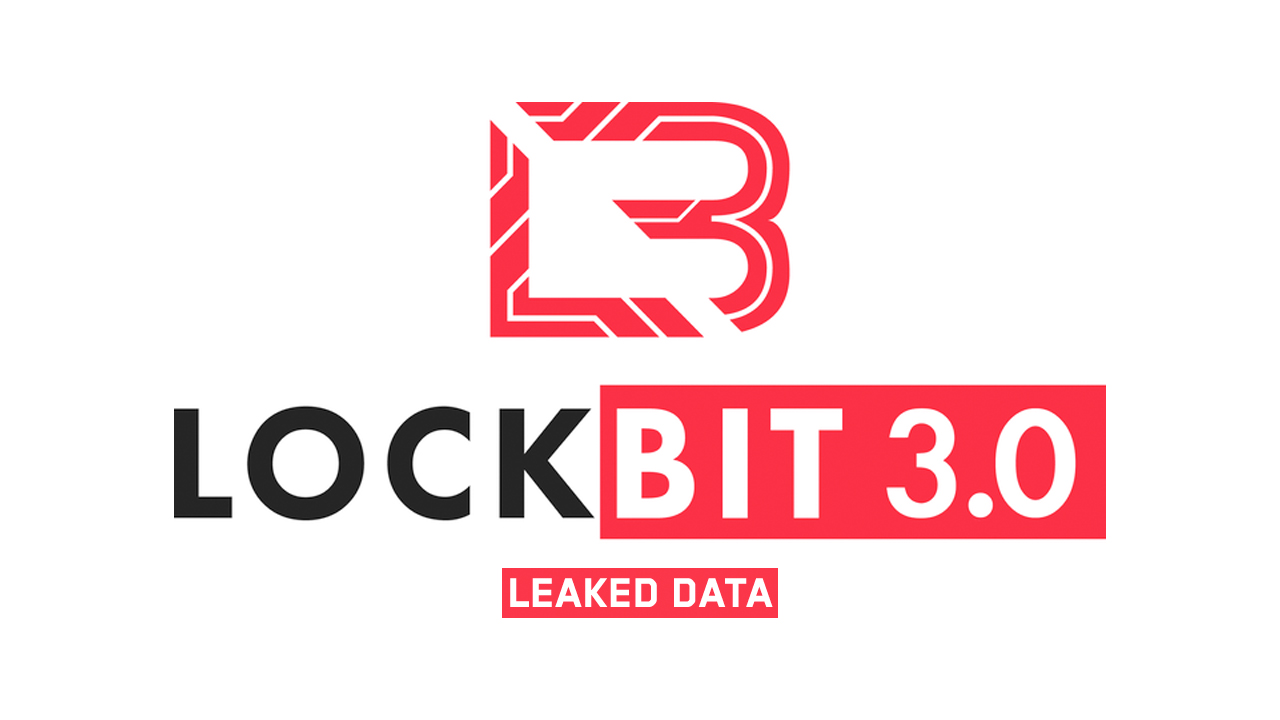DoS attacks are biggest threat for service providers
Arbor Networks has claimed Denial of Service attacks are the biggest danger facing service providers.


Denial of Service (DoS) attacks are the top operational security threat to service providers, according to research.
Arbor Networks' fifth annual Infrastructure Security Report has identified botnet-driven distributed DoS attacks as taking over the number one spot on its threat list from pure botnet attacks which topped the list last year.
Almost 35 per cent of the 132 IP network operators cited it as the biggest danger, followed by botnets with 21 per cent.
Over half of the respondents reported a rise in these attacks on bandwidth levels of 1Gb or less and many also reported long term outages as a result.
A blog post from Danny McPherson, one of the authors of the report, said: "Beyond sheer attack size, respondents indicated that they are continuing to see attacks become more sophisticated, with attackers expressly aiming to exhaust resources other than bandwidth, such as firewalls, load-balancers, back-end database infrastructure and associated transaction capacity, cached data serving algorithms, etc."
He added: "This increasing sophistication is a disconcerting trend that has been captured in previous editions of the survey as well, and one that continues to worry network operators."
The report also raised concerns about IPv4 beginning to reach its end and the migration to IPv6 growing, as this could cause many operational challenges for networks including security.
Get the ITPro daily newsletter
Sign up today and you will receive a free copy of our Future Focus 2025 report - the leading guidance on AI, cybersecurity and other IT challenges as per 700+ senior executives
"Earlier major architecture changes were implemented when the internet was an experimental network with little or no relevance to most people," said Jennifer Pigg, vice president of Enabling Technologies at the Yankee Group, in a statement.
"Today, the majority of global business networks are entirely reliant on internet availability, stability and integrity. With IPv4 exhaustion and IPv6 deployment, these networks are facing a perfect storm: multiple, simultaneous, large-scale changes."
The best way to combat these obstacles and ensuring operations are back up and working were non-technical factors, according to the respondents.
Ensuring there are skilled resources, clearly-defined operational policies and responsibilities, and management understanding and commitment were cited as key as these are some of the biggest problems the service providers face.
Jennifer Scott is a former freelance journalist and currently political reporter for Sky News. She has a varied writing history, having started her career at Dennis Publishing, working in various roles across its business technology titles, including ITPro. Jennifer has specialised in a number of areas over the years and has produced a wealth of content for ITPro, focusing largely on data storage, networking, cloud computing, and telecommunications.
Most recently Jennifer has turned her skills to the political sphere and broadcast journalism, where she has worked for the BBC as a political reporter, before moving to Sky News.
-
 Women show more team spirit when it comes to cybersecurity, yet they're still missing out on opportunities
Women show more team spirit when it comes to cybersecurity, yet they're still missing out on opportunitiesNews While they're more likely to believe that responsibility should be shared, women are less likely to get the necessary training
By Emma Woollacott
-
 OpenAI's new GPT-4.1 models miss the mark on coding tasks
OpenAI's new GPT-4.1 models miss the mark on coding tasksNews OpenAI says its GPT-4.1 model family offers sizable improvements for coding, but tests show competitors still outperform it in key areas.
By Ross Kelly
-
 UK crime fighters wrangle “several thousand” potential cyber criminals in DDoS-for-hire honeypot
UK crime fighters wrangle “several thousand” potential cyber criminals in DDoS-for-hire honeypotNews The sting follows a recent crackdown on DDoS-for-hire services globally
By Ross Kelly
-
 US begins seizure of 48 DDoS-for-hire services following global investigation
US begins seizure of 48 DDoS-for-hire services following global investigationNews Six people have been arrested who allegedly oversaw computer attacks launched using booters
By Zach Marzouk
-
 Will triple extortion ransomware truly take off?
Will triple extortion ransomware truly take off?In-depth Operators are now launching attacks with three extortion layers, but there are limitations to this model
By Connor Jones
-
 GoDaddy web hosting review
GoDaddy web hosting reviewReviews GoDaddy web hosting is backed by competitive prices and a beginner-friendly dashboard, and while popular, beware of hidden prices
By Daniel Blechynden
-
 Japan investigates potential Russian Killnet cyber attacks
Japan investigates potential Russian Killnet cyber attacksNews The hacker group has said it’s revolting against the country’s militarism and that it’s “kicking the samurai”
By Zach Marzouk
-
 LockBit hacking group to be 'more aggressive' after falling victim to large-scale DDoS attack
LockBit hacking group to be 'more aggressive' after falling victim to large-scale DDoS attackNews The ransomware group is currently embroiled in a battle after it leaked data belonging to cyber security company Entrust
By Connor Jones
-
 Record for the largest ever HTTPS DDoS attack smashed once again
Record for the largest ever HTTPS DDoS attack smashed once againNews The DDoS attack lasted 69 minutes and surpassed the previous record of 26 million RPS
By Praharsha Anand
-
 Cloudflare unveils new One Partner Program with zero trust at its core
Cloudflare unveils new One Partner Program with zero trust at its coreNews Cloudflare CEO Matthew Prince says the initiative aims to take the complexity out of zero trust architecture
By Daniel Todd